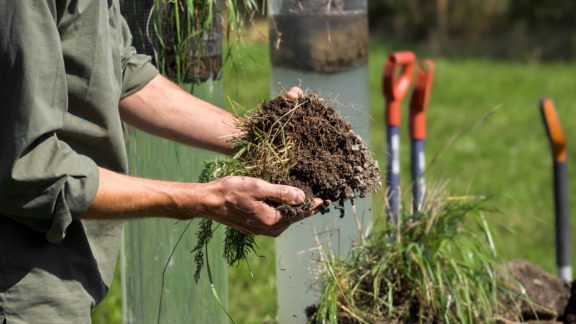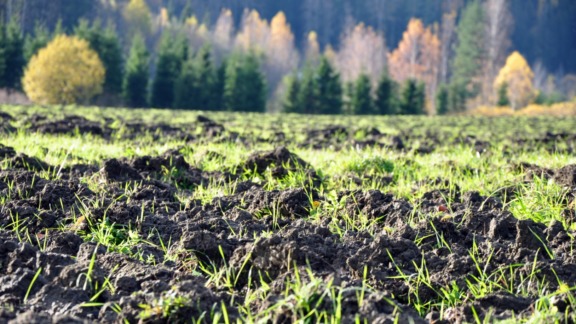Chemical composition of the organic material added to the field influences its decomposition
Article: Chemical composition controls the decomposition of organic amendments and influences the microbial community structure in agricultural soils
Authors: Heikkinen, Jaakko et al.
Publication: Carbon Management
Year: 2021
This study evaluated the carbon sequestration potential of various organic materials added to the field, as well as the ability of the soil carbon model to imitate it. The study investigated how the chemical composition of biological material affects its decomposition, as well as the structure of the soil’s microbial community. Various fertilizers and soil improvers were included in the review, such as manure both processed and unprocessed, composted lake reeds, forest industry by-products and biochar.
According to the findings, the chemical composition of the material was strongly correlated with its decomposition. The fresh plant matter decomposed the fastest, roots decomposed more slowly than the aboveground biomass. Processing decreased the decomposability of the materials. The soil carbon model Yasso07 was able to predict decomposition relatively well. Based on a laboratory experiment, different organic materials also affect the structure of the soil’s microbial community. The recommended application rates of all reviewed fertilizers or soil improvers were found to be sufficient to achieve a 0.4 percent increase in soil carbon in accordance with the “4 per 1000” initiative.



